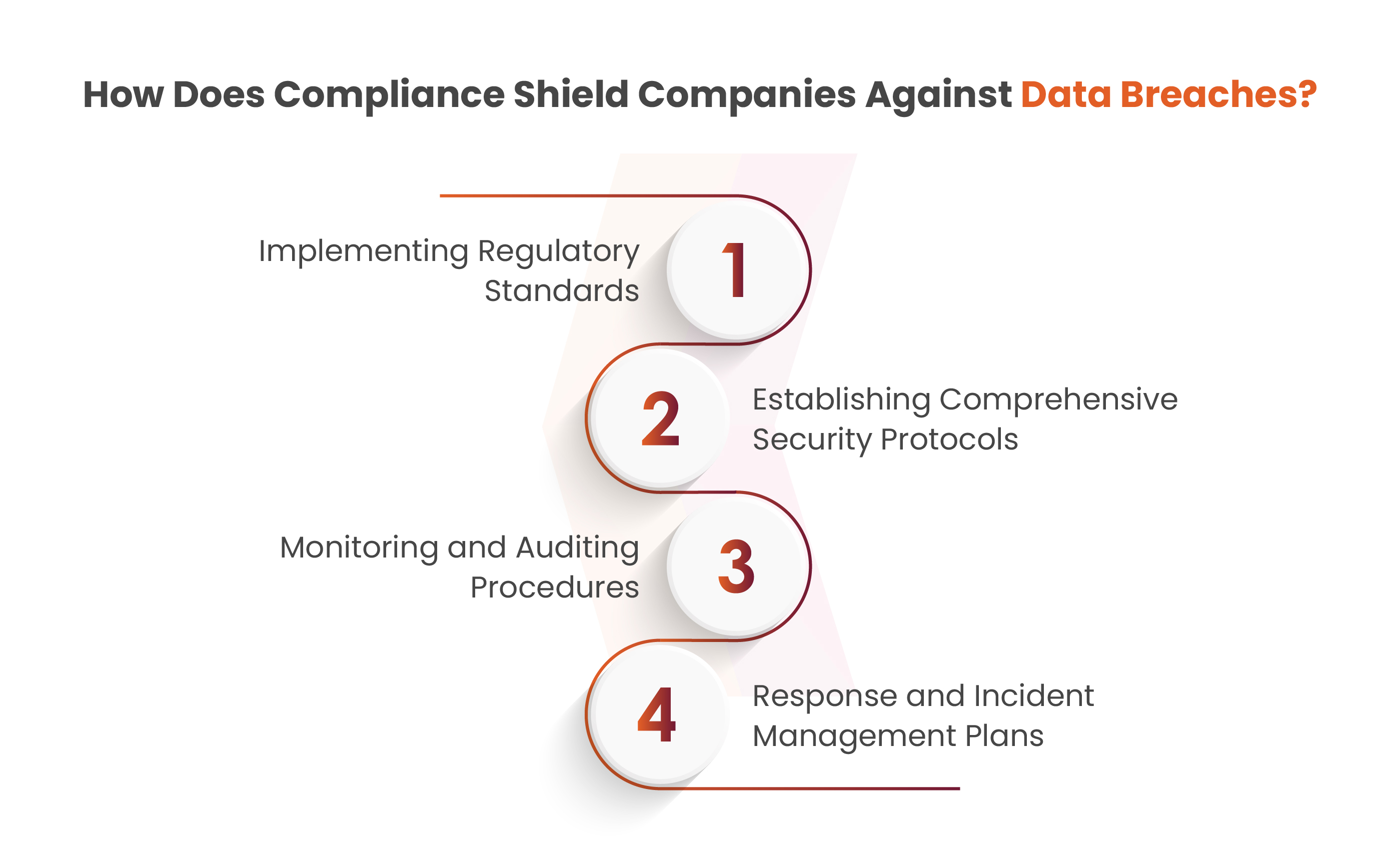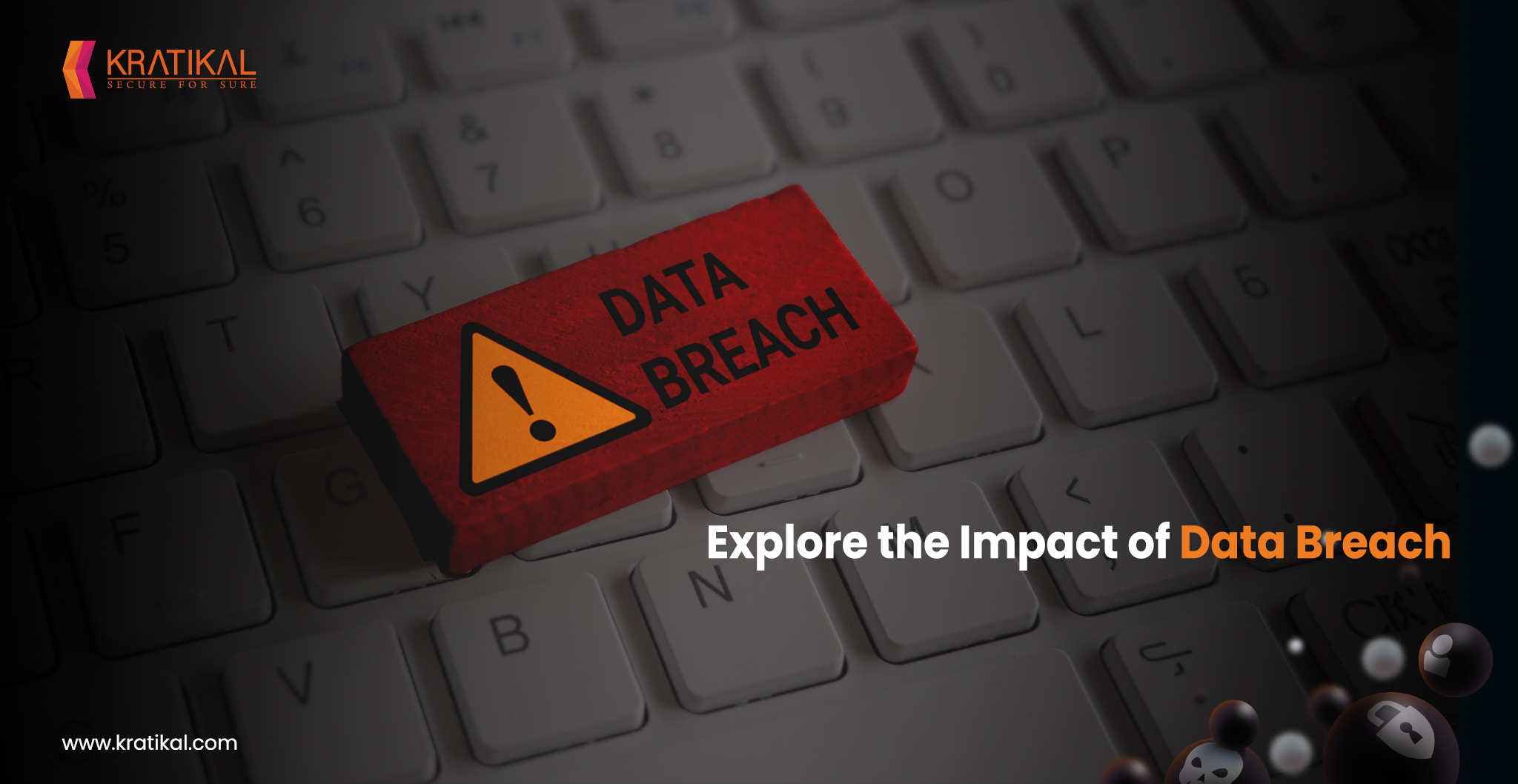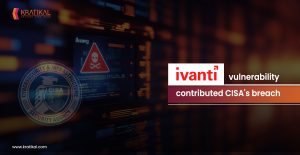The average price of a data breach internationally in 2023 turned to $4.45 million, a 15% rise in the simplest three years that underscored the increasing financial strain on businesses. When personal information is discovered, it presents enormous issues to individuals and businesses. Hackers can exploit vulnerabilities offline or online, accessing you via the internet, Bluetooth, texts, or the services you utilize. A minor oversight can lead to a major data breach if not meticulously addressed. Due to limited awareness about contemporary security threats, many people tend to overlook this critical issue.
In this blog, we will discuss an incident that happened in the UK’s Nuclear Services and how compliance can protect companies from such data breach.
Table of Contents
Increasing Cyber Attacks on Social Media
Attackers leverage different strategies based on the targeted social media platform. On Facebook, they may exploit privacy settings by sending direct requests, aiming to access private posts. LinkedIn, renowned for its professional networking, becomes a prime target for web application attacks aimed at obtaining business emails within a company. Beyond data theft, social media provides avenues to gather information for password retrieval or impersonation. This data helps in guessing security question answers or mimicking business users. Brand impersonation is a serious threat, allowing attackers to trick users into revealing sensitive information or engaging in harmful actions like XSS or CSRF attacks. This leads to severe breaches and compromises infrastructure.
Attackers exploit the public nature of social media platforms to gather user data. They may escalate their efforts by contacting users or their connections for further information access. The approach of a social media threat hinges on an attacker’s objectives. When seeking significant gains, targeting businesses becomes lucrative.
Starting with LinkedIn, attackers compile a list of potential high-level corporate targets and lower-tier users vulnerable to phishing tactics or data extraction. Attackers hack social media accounts to access personal details, aiding social engineering or guessing passwords for account takeover. Personal details, like pet names or sports interests, can be used as password hints or verification answers, aiding in identity confirmation or accessing higher privileges.
Book Your Free Cybersecurity Consultation Today!
What’s in this Recent Data Breach Incident?
A deliberate cyberattack via LinkedIn targeted the UK’s Radioactive Waste Management (RWM) company. It sparked serious worries about how susceptible critical nuclear infrastructure is to cyberattacks. The attack’s methodology, including whether it was phishing or an attempt to install malware, was kept a secret. LinkedIn, typically a platform for professional networking, has increasingly become a target for cyber intrusions globally. The incident targeting RWM highlighted the adaptability of cyber threats, presenting challenges for traditional security measures. NWS overseeing RWM swiftly halted the attack, emphasizing the need for robust cybersecurity defenses against nuclear cyber threats.
The cyber attack mirrors a trend of exploiting social media, like LinkedIn, for phishing, credential theft, and deploying malware. It emphasizes the critical need for stringent cybersecurity measures to protect critical infrastructure. The attack highlights nuclear cyber threats, stressing the need for swift action to safeguard assets.
Get in!
Join our weekly newsletter and stay updated
How Compliance Protect Companies from Data Breach?
In order to safeguard organizations against data breaches, compliance services are essential for creating and preserving strong frameworks that adhere to business rules and best practices. Compliance services can be beneficial for protecting organizations from data breaches in the following ways:
Implementing Regulatory Standards:
Compliance services ensure that businesses follow the standards that are mandatory by regulatory organizations. Stringent privacy guidelines and compliance services help organizations protect personal data, reducing the risk of non-compliance fines.
Establishing Comprehensive Security Protocols
The frameworks often encompass comprehensive security protocols. These protocols include encryption measures, access controls, regular security assessments, and data governance practices. Compliance services strengthen defenses by reducing data vulnerabilities and enhancing security against breaches during storage, transfer, and access.
Monitoring and Auditing Procedures
Compliance services include regular audits and monitoring. The tasks involve ongoing evaluation of policies, processes, and data practices to spot capacity weaknesses or deviations from safety standards. Compliance products enable agencies to proactively address security holes before they result in breaches by means of continuous tracking and audits.
Response and Incident Management Plans:
Compliance provides resources for setting up effective incident response and management plans in the event of a breach. The plans detail protection, assessment, notification, restoration protocols, and breach response steps. A clear response strategy lessens breach impact and enables a coordinated response to mitigate its effects.

Conclusion
The recent cyber attack via LinkedIn against the UK’s Radioactive Waste Management (RWM) has brought attention to cybersecurity weaknesses in the nuclear area. Though unsuccessful, it highlights worries about critical infrastructure vulnerability to evolving cyber threats, using social media for phishing and data theft. Attackers exploit LinkedIn’s professional platform, targeting businesses for high-level and lower-tier user data, emphasizing the need for robust defense mechanisms.
To protect enterprises against data breaches, compliance services are essential. They ensure that regulatory standards such as GDPR are followed and that thorough security measures, monitoring, and incident response plans are enforced. This incident highlights the ongoing, changing cyber threats that the nuclear sector faces, highlighting the need for proactive cybersecurity measures to safeguard assets and adjust to new threats.
Kratikal, a CERT-In empanelled auditor, offers a holistic cybersecurity service provider designed to guard companies from various cyber threats, with a specific emphasis on safeguarding web applications. Partnering with Kratikal permits companies to proactively become aware of and address protection vulnerabilities, preventing malicious hackers from exploiting those weaknesses.
Ref: https://www.hackread.com/linkedin-hackers-attack-uk-nuclear-waste-services/








Leave a comment
Your email address will not be published. Required fields are marked *